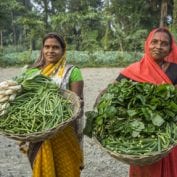
Improving Livelihoods of Smallholder Farming Households in Karnataka
TechnoServe is implementing a livelihoods support program for 5,000 smallholder farming households in the Davangere district of Karnataka.

TechnoServe is implementing a livelihoods support program for 5,000 smallholder farming households in the Davangere district of Karnataka.
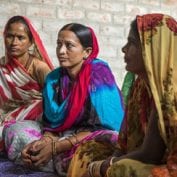
This program targets growth-constrained, women-led small and microenterprises, operating in the unorganized or informal sector in the Mumbai urban area.
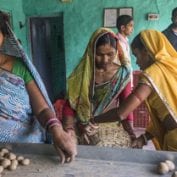
The Women's Advancement in Rural Development and Agriculture program provides technical assistance to producer groups and facilitates producer group formation with the aim of empowering rural women and improving their lives and communities.

Through a $1 million grant from the Walmart Foundation, TechnoServe helped raise the incomes of 6,000 Nigerian cashew farmers through training on good agronomic practices, farming as a business, and improved methods for harvest and post-harvest handling.

TechnoServe is implementing two programs in Brazil with the global mining company Anglo American, taking a market systems approach to creating prosperity through enterprise development.
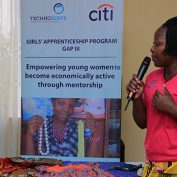
Citi Foundation and TechnoServe are working together to reduce youth unemployment in Uganda by teaching young women the knowledge and skills needed to start their own businesses.
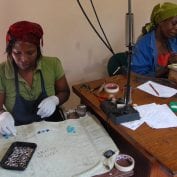
The Accelerating Women Entrepreneurs in South African Metros (AWESAM) program aims to increase the economic participation of urban women and youth in the South African economy by converting subsistence-based businesses into high-growth and competitive ventures.

The Kingdom of the Netherlands and TechnoServe have entered into a three-year grant agreement to support the work of small commercial farmers and the Government of Mozambique’s ongoing efforts to reduce poverty.
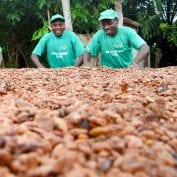
TechnoServe was an implementing partner in the African Cashew Initiative, which worked to improve the volume and value of cashews produced and processed in Africa.
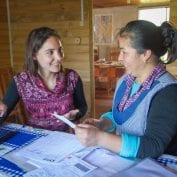
TechnoServe implemented a two-year initiative that targeted women in women’s business groups (WBGs) who were working in value addition or commercialization.